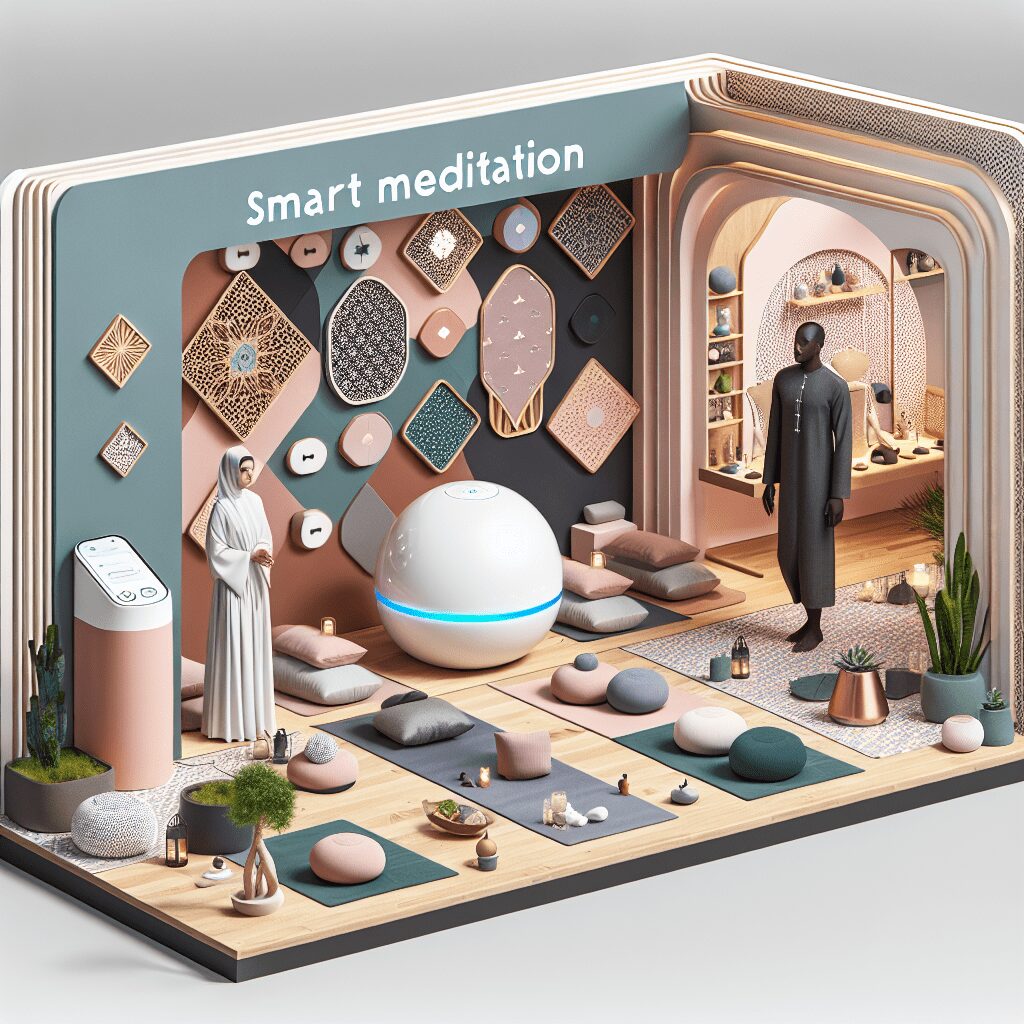
Prioritize your mental well-being daily. Enhance your life by nurturing your mental health with the Smart Meditation app. Break free from stress, alleviate anxiety, and enhance your sleep quality starting today.
Can Plans Reduce Stress?
Unwrapping the Power of Planning
Ah, stress. It’s like that uninvited guest who just can’t take a hint to leave. Whether you’re juggling work deadlines, family commitments, or just trying to keep your social life afloat, the pressure can build up until – bam! – you’re feeling overwhelmed. But what if I told you there’s a secret weapon that could not only help manage this stress but might actually prevent it from taking hold in the first place? Enter: the art of planning.
The Game-Changing Strategy
So, why does planning pack such a powerful punch in the fight against stress? Well, let’s break it down.
A Map to Navigate Chaos
Think of a plan as your personal map through the chaotic wilderness of daily life. Without it, you’re wandering aimlessly, reacting to whatever obstacle comes your way. But with it? You’re on a clear path, prepared for potential pitfalls and ready to reroute as needed. This sense of direction can significantly reduce anxiety and stress.
- Preparedness: Knowing you have a plan provides a comforting sense of preparedness. It’s like having an umbrella in your bag; even if it rains, you’re ready.
- Control: Stress often stems from feeling out of control. Planning puts you back in the driver’s seat, giving you a sense of command over your time and tasks.
- Focus: It’s all too easy to get lost in a sea of tasks, leading to decision fatigue. A solid plan enables you to focus on what’s important, one step at a time.
The Ripple Effects of a Good Plan
But the benefits don’t stop there. A good plan not only helps manage stress but also improves productivity and efficiency. It’s a win-win! Here’s how:
- Time management: By allocating time to tasks in advance, you ensure that everything gets its moment, reducing the need to multitask or, worse, to panic about not getting things done.
- Prioritization: Not all tasks are created equal. Planning helps you identify what needs to be tackled first, ensuring that you’re working smarter, not harder.
- Flexibility: Paradoxically, having a plan increases your ability to adapt. When you know where the wiggle room is, it’s easier to adjust without throwing everything off track.
So, How Do You Get Started?
Alright, now that you’re sold on the idea, where do you begin? Fear not; here are a few pointers to set you on your way:
- Start Small: Rome wasn’t built in a day, and neither will your perfect planning system. Begin with planning just a day or a week ahead, then gradually expand as you find what works for you.
- Use the Right Tools: Whether it’s a digital app or good ol’ pen and paper, find the tools that you’re comfortable with and that make planning a breeze.
- Review and Revise: Your plans should not be set in stone. Life happens. Review your plans regularly and be prepared to tweak them as needed.
In the grand scheme of things, adopting a planning habit can dramatically transform your approach to handling stress. It’s not about scheduling every minute but about creating a framework that offers clarity, control, and flexibility. So next time you’re feeling that stress monster breathing down your neck, remember: a little planning goes a long way. Why not give it a shot and see how much smoother your sail can be through the tumultuous seas of life?





